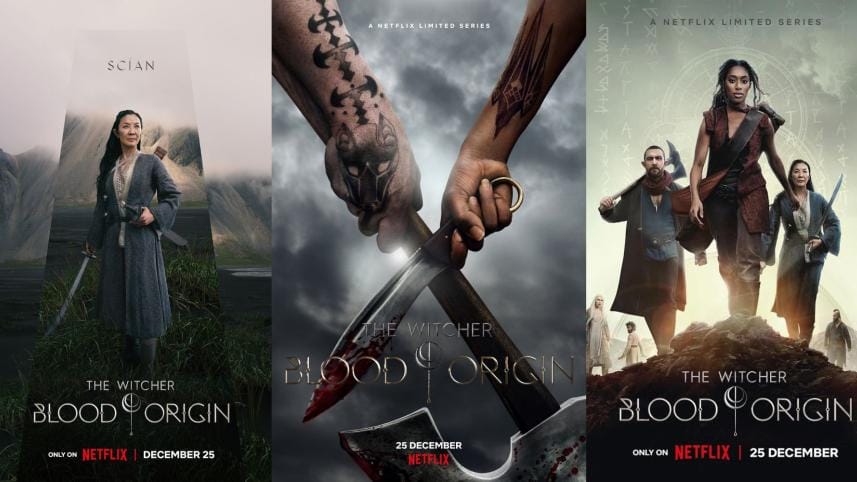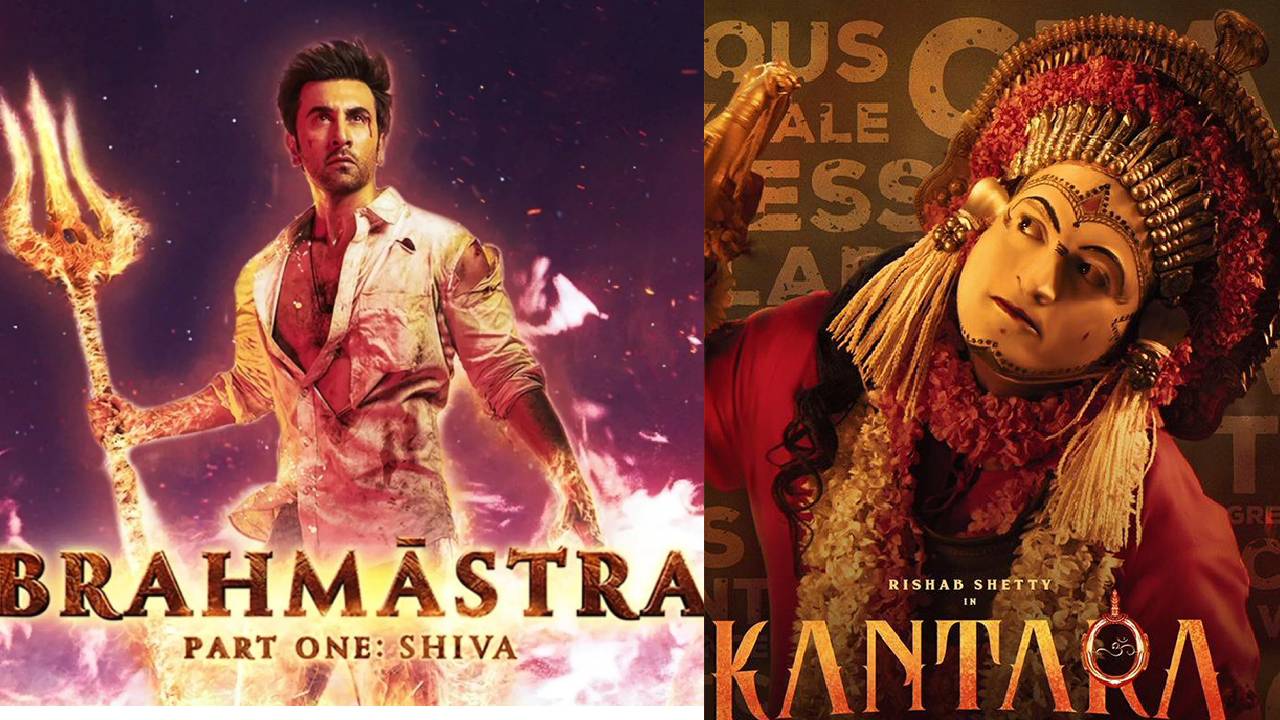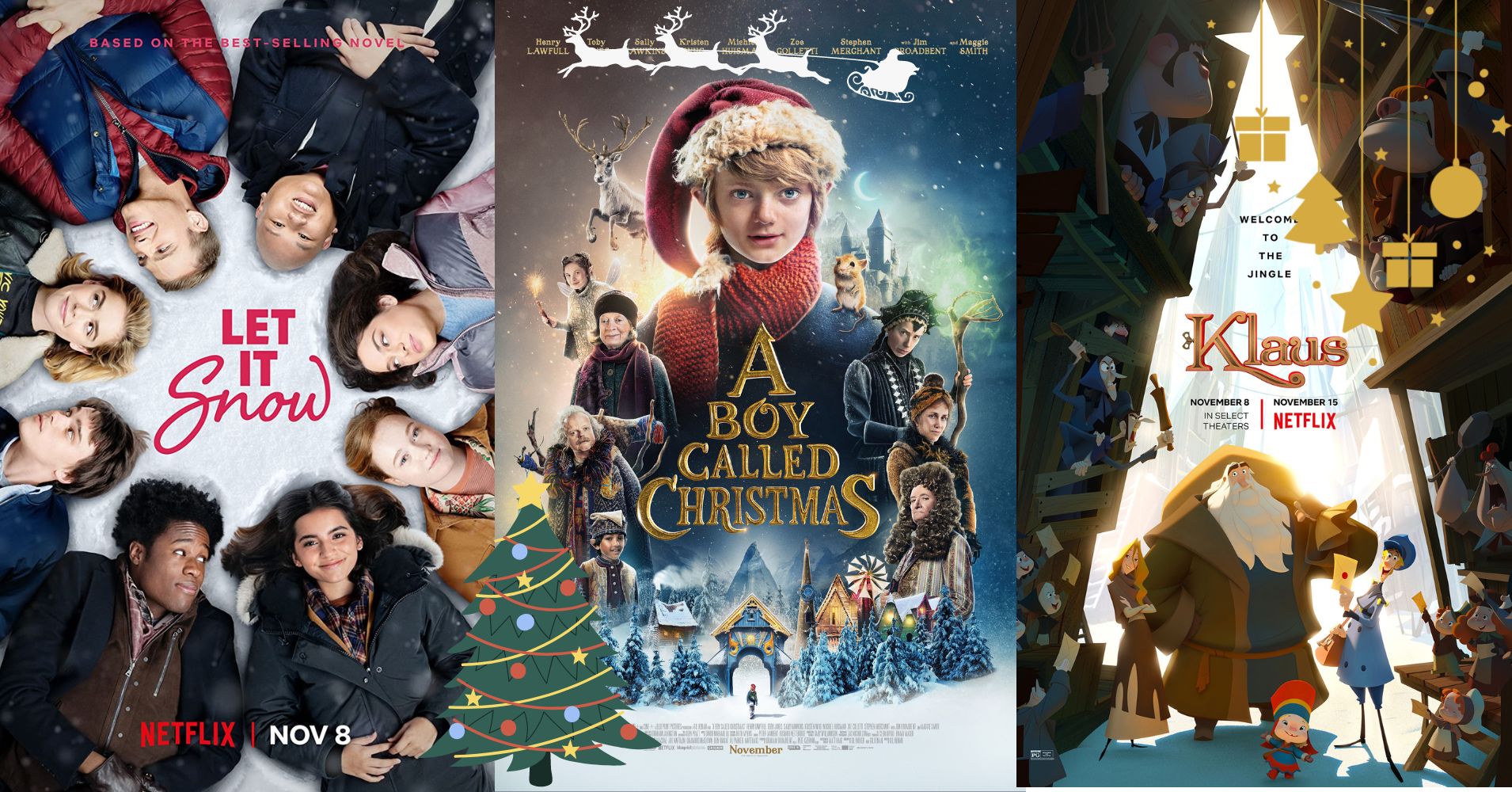‘The Witcher: Blood Origin’: Magic that missed the mark

Amid the low tide following the departure of Henry Cavill from the role of Geralt Of Rivia, the prequel, "The Witcher: Blood Origin" was finally released on Christmas day.
The story takes place 1200 years before Geralt's time, encompassing a world where elves,dwarves and mages live in rather discontinuous harmony, without humans. The show kicks-off in the streets of Xin'trea (later Cintra), introducing one of the seven protagonists in a truly Witcher fashion, through a royal affair. The plot centres around the story of seven heroes that set the course for the 'conjunction of the spheres' and the creation of the first 'witcher'.
The first episode begins with a familiar face, Jaskier (Joey Batey)—the cheeky yet obnoxious bard—meeting an ephemeral Elf-God (Minnie Driver), who narrates to him the story of the seven unlikely band of warriors and heroes who set the story in motion.
Elite elf fighter Éile (Sophia Brown), from the Raven clan, has abandoned combat in favour of a nomadic life as a bard. She goes on to meet Fjall (Laurence O'Fuarain), a warrior elf from the enemy Dog clan, when unrest on the Continent forces her to pick up her sword once more.
Brother Death (Huw Novelli), a warrior with a bloody past; Yeoh's Scan, an unmatched fighter who wants to recover a sword sacred to her people, and Meldof (Francesca Mills), a dwarf with a hammer and a proverbial axe to grind, are among the merry adventurers who are the focus of the story.
Initially planned to be six episodes long, the series has a lot of ground to cover in the four episodes it was forced to run with. Starting from giving the characters backstories and love interests to grand schemes, the storytelling struggles from the get-go to build connections between the characters.
Fjall and Éile, who are instruments to the telling of the story, are brought along together due to chance and a mutual hatred—a retelling of the enemies to lovers trope as if that hasn't been done enough already. Even their journey into being more than comrades falls a bit flat on the script writing's face, having had to rush the plotline in lieu of creating an emotional connection.
Perhaps the gap in series release patterns might have had an impact on the storytelling, however the absolute disregard in terms of connecting plot points leaves a lot to be desried. A lot of information and tidbits are introduced with as much importance as they are eventually discarded with.
For example, every person in the band of seven comes with their own backstories, which for some reason remains unexplored, solely apart from the agenda of informing the audiences that they have one. That creates a faux dimension to the character, which honestly leaves the characters seeming unremarkable by the end.
Magical twins Syndril and Zacaré (Zach Wyatt and Lizzie Annis) cry over a tragic event in their past and that's the extent of its impact. When Élie promises Scían the chance to reclaim the sacred sword of her people, it's introduced in the conversation with no explanation for how Élie would've even known it was gone. Meldorf's whole quest is satisfied in her first two introductory scenes, which in hindsight could have been done in just one.
"The Witcher: Blood Origins" illustrates very well what might happen if only a single plot of a book is targeted to build a franchise upon. Along with the added pressure of Cavill leaving, Netflix is trying its best to feed the hungry enthusiasts and fans of the Witcher-lore.
The characters seem to be moving about the plot lines because the script willed them to—dragging their feet through their character arcs with no enthusiasm or motivation. This particular prequel should be a lesson for "The Witcher" showrunners about the importance of quality storytelling, particularly going forward with the main story and other spin-offs.




 For all latest news, follow The Daily Star's Google News channel.
For all latest news, follow The Daily Star's Google News channel. 

Comments